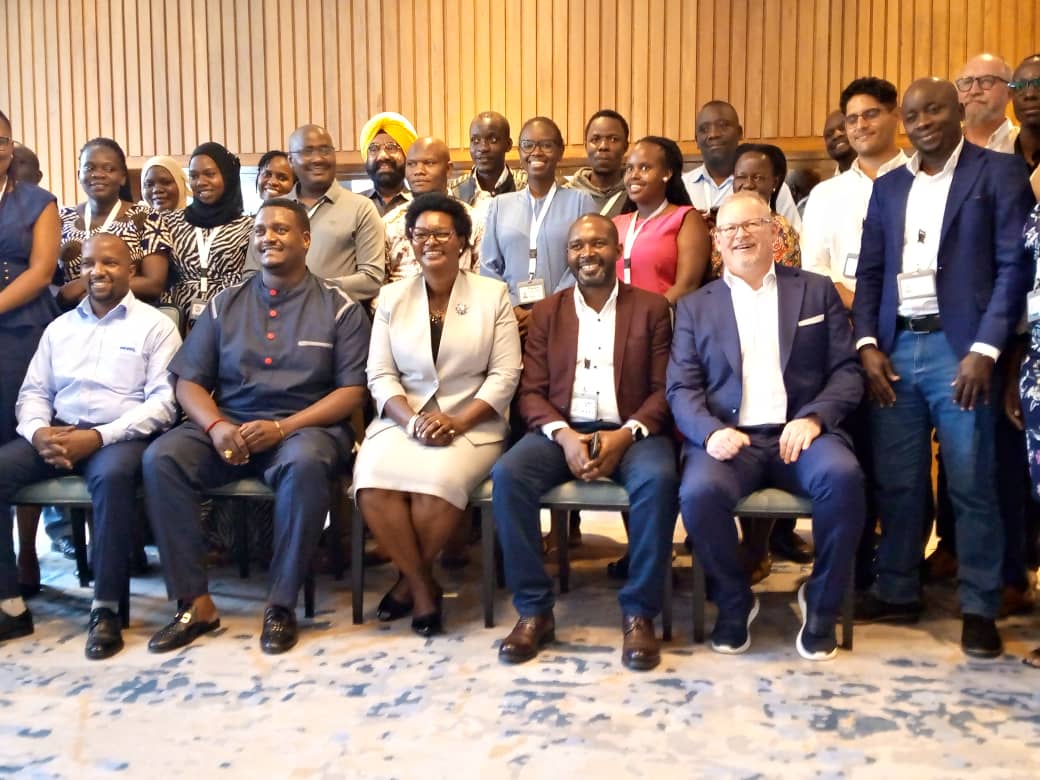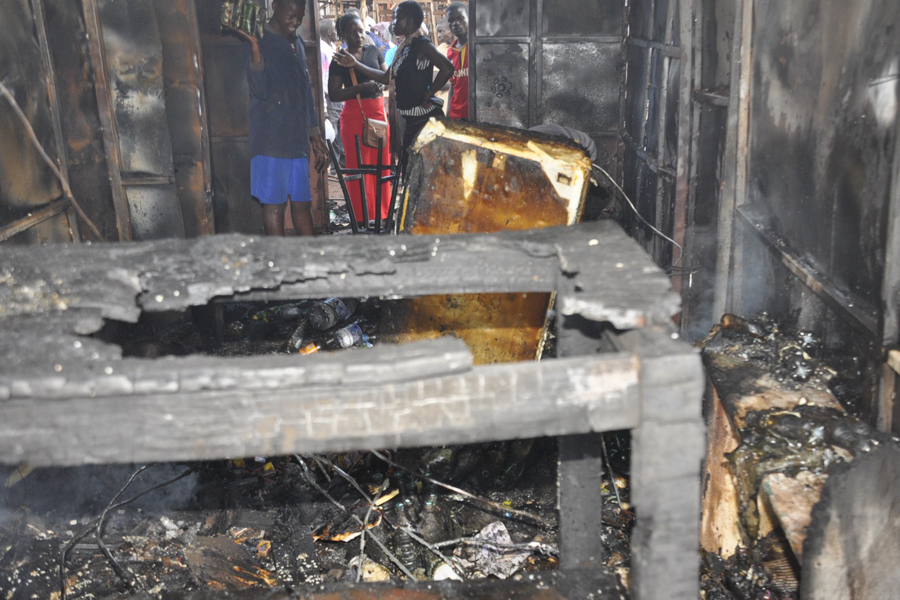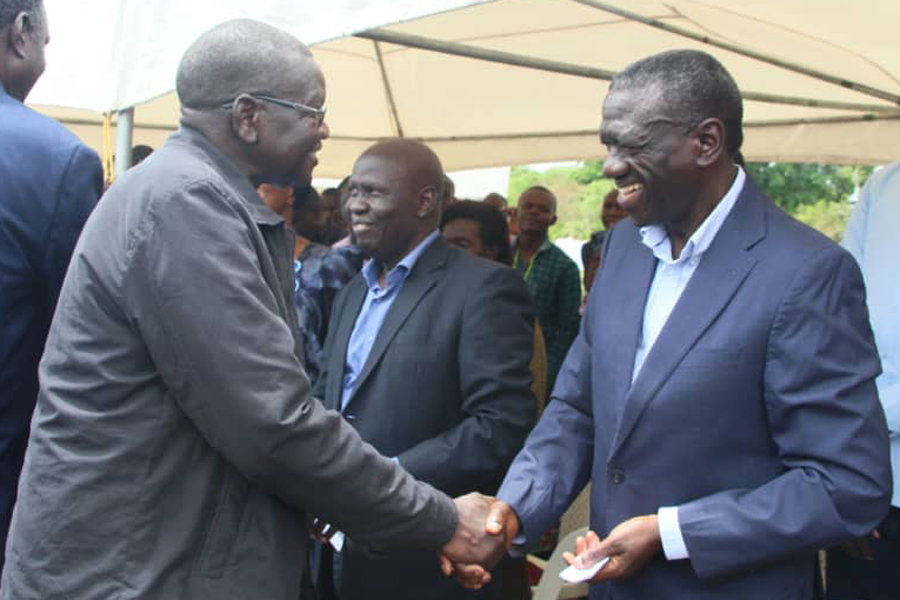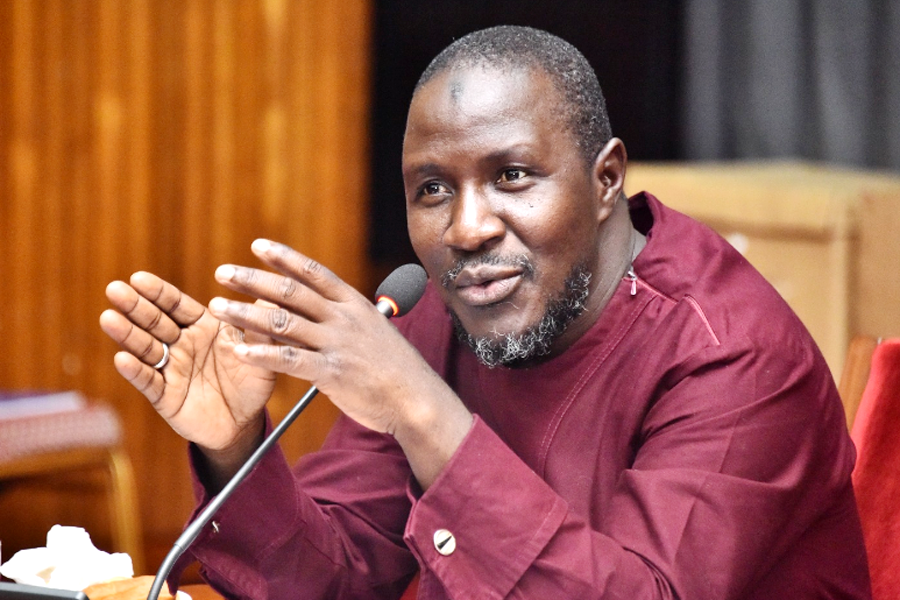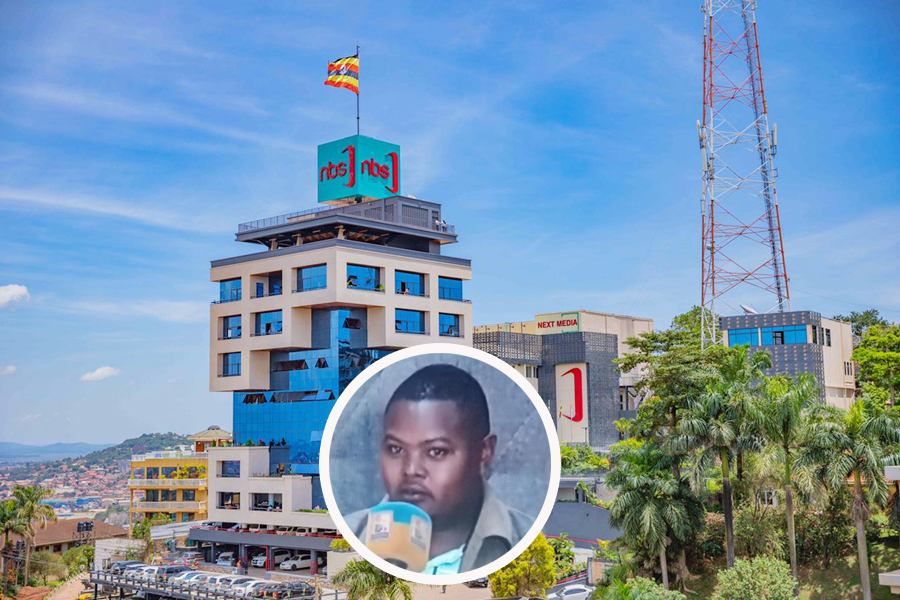Book Review: Light and shadow are the dance of Nassur Tab’an El-Tablaz’s poetry
A good poet is like a detective, examining each word in search of its forensic depth in order to draw out its truth with verbal wit.
That poet is conscious of the truth’s threaded togetherness via each stanza, and of its verbal simplicity or complexity.
As the poet unravels the truth through dramatic modulation of a persona’s voice, a catharsis unites audience and poet at the rendezvous of understanding where images, words and phrases stand out as a poem’s verbal pattern is revealed.
The gumshoe perspicacity which Nassur Tab’an El-Tablaz trots out in his poetry collection “Shadow of Broken Pieces” leaves the reader unshadowed by any doubt about how good he is as a poet.
And he is good, very good.
Through the fullness of his poetic hand, he asks: Are we all at some point, in one way or another, broken pieces that need to be mended? Have you sometimes felt yourself or others shadows of their true self?
In Part One: Moment of Silence, he delves into cause and effect as his despotic persona states:
“I’m the secretary’s pen, the genesis of ruse.
I’m my advisor, the panel of the jury,
The Alpha and Omega!
I’ll tax your tears if you cry!
Pay your full taxes today,
And win a new Samsung car:
Housing bills…”
This poem is entitled “The despot weighs down”, and the persona eloquently sets forth the pervasive wickedness of despotism.
The poet’s anger is rigidly controlled by his ‘metaphysical’ mind: he indulges in flights of rhetorical outrage, but never in verbal emotionalism.
The persona (in this poem) is wanton and “dark”, but the poet detaches himself from the persona’s misdeeds with a dispassionate and florid style which turn him into a detective holding up a magnifying lens to help us see better without abdicating to the poet the burden of seeing for us.
The foregoing words denote the calm before the storm in the poem “The Scuffle”, here the persona’s rage suddenly leaps up from the page in a tongue of flames which lick our emotions into a fiery response:
“My widow country was gang-raped
And her husband butchered by burglars!
None of the seven burglars
Manned up to say it was wrong!
It isn’t even a bother
That the child knows not its father;
And that’s what makes her strong.”
Gone is the cool stoicism, but the persona is not lost to rage either. The rest of the poem is somewhat measured compared with these incendiary words.
Nassur’s poetic style is neither overly intellectual nor overly emotional; it is discursive, declamatory and determinedly incantatory.
The smooth satin of his stanzas, phrases and measured yet unquiet structure to his sentences, betrays a mind wrestling with larger questions about life.
“What is the essence of our being if we cannot coexist and live harmoniously? Why should we struggle for material wealth and yet take none whatsoever to our final resting places? What is virtue? Is there need to find a common good?”
The poet is probing while leaving clues as to what he wants the reader to find with his probe. In the poem “Finally”, he uses irony to raise questions about what we’ve been told:
“A top military officer
Murdered in cold blood:
Intrigue it is alleged
But who could have imagined this
In this nation of Peace?”
“Peace” is a subjective word which is relative to what one may deem as war.
The poet cleverly raises this contradiction with a variable eye on what we may deem as peace and war. The subordinate phrasal redefining of peace as potentially war is emphasized by the death of a top military officer.
If those charged with keeping the peace are being killed (due their popularity, the poet later reveals), is this a nation of peace?
The poet’s investigatory eye glares through the magnifying glass as the poet intertwines fact and fiction to reveal truth with a pathetic charm.
In the poem “Nelson Mandela – The voice”, Mandela speaks reproachfully and mockingly from the grave:
Look how cosmetically
“They grieve at my feats:
Why didn’t he stay President for life?
Why didn’t he amass personal wealth?
Why wasn’t he like us?
How shameless to question human act!”
The poet (through the persona) is righteous with indignation, but his ire carries more conviction than the moral to which it points.
The tonality of his disgust suits the rabble rouser more than it belongs to the quite pastures of works written for pleasant reading.
He is exhorting the reader by using by using hyperbole “splash filthy ill-begotten billions”.
By using Mandela as a foil to the wicked and uncouth leaders, he exposes the latter’s hypocrisies as they claim solidarity with the fallen icon only to contradict his legacy with their misdeeds.
In part two: Wallowing in Darkness, the poet deals with pain and loss in a profound manner in the deeply poignant poem “Absolve”.
“At your grave melancholic I felt,
And dried my tear-well; Sore and red my eyes became,
Looked up in the sky trying to reach
The Old man back in heaven
To plead and beseech Him
To let me have you back!”
In part 3: What’s Love? The poem “Don’t call me heartless” reveals even more anguish:
“I’ve tried suicide twice
To no avail;
Why is death so difficult?
Sorry Yuma
I went behind your back!”
In this poem, and others in this section, one feels the poet’s headache (there’s even a poem here entitled ‘heartache’). It is visceral, for most of his writings here concern themselves with a miscellany of torment. Inner torment: the personae seem to be trapped in an emotional sunken place (as opposed to actor Daniel Kaluuya’s mental enslavement in the movie “Get Out”).
Out of the poet’s suffering springs meditations upon the significance of such suffering, along with solemn reflections on loss. And the nasty, brutish and short nature of life.
Then, when you think his words would segue from any more sombre passages in Part Four: Happiness Pursued, you’re quickly disabused of this thought.
In the final poem “My Neighbourhood” found in ‘Part Five: The Cassock of my Skin”, the poet writes:
“My beautiful neighbourhood
Was home to a daredevil
Who dared evil
And knew not serenity!”
It’s the shortest poem in the whole collection, but it leaves the reader in no doubt that the poet’s nights are longer than his days.
However, his inner turmoil has curated an enduring monotone of poems which will make you cry, laugh and then laugh through your tears.
The sweep of the emotions herein explode mortal vanities, serve as antidotes against pride and finally give you some of the answers to the questions posited by the poet at the beginning of this brilliantly original book.


